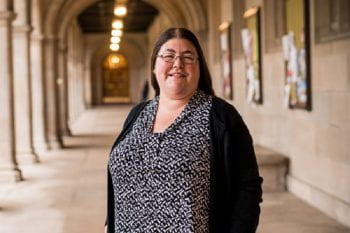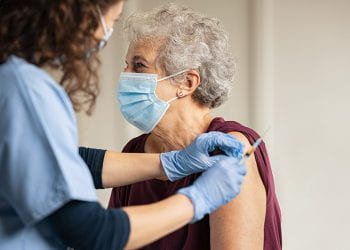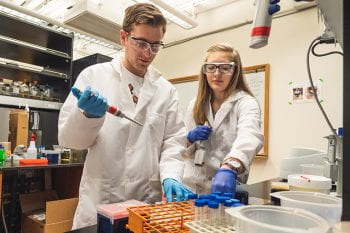Alzheimer’s disease and frontotemporal dementia are devastating disorders that emerge following the buildup of misfolded proteins in the brain. The newest generation of Alzheimer’s therapeutics targets accumulations of the protein amyloid beta with engineered antibodies, but the results have been underwhelming, with some adverse effects, not to mention using engineered antibodies can be prohibitively expensive. […]
Grant will fund development of vaccines to prevent dementia




